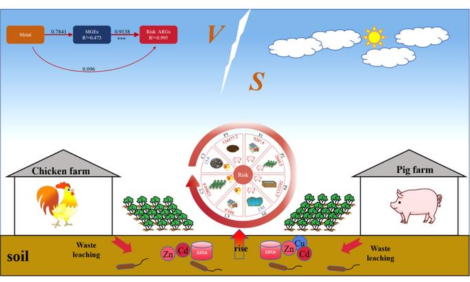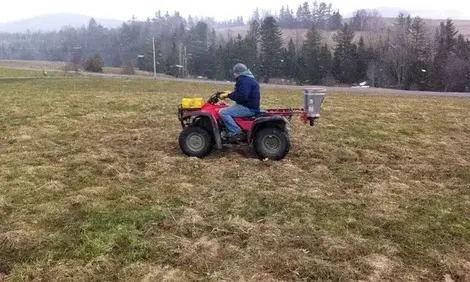



Will Share Farming be the Future for Agriculture?
UK - Share farming could become the way forward for agriculture to attract younger people into the sector to manage farms.The practice, which has been common in New Zealand for some time, has not yet been taken up by farmers in the UK and the rest of Europe in the same way, write Chris Harris for TheCattleSite.
However, as investment and land resources become more restricted and as a way of attracting younger farmers into the sector share farming could become part of the future of agriculture.
The practice of share farming as part of a change to farming practices and opportunities for the future was a central theme at the Oxford Farming Conference this week.
Share farming is distinguished by the fact that both the landowner and the share farmer can be seen to be separate occupiers of the same land, each occupying it for the purposes of farming. There are two farming businesses on the land.
They operate separate businesses which in combination result in the agricultural output of the land, for example, grain, milk, meat, or wool.
Each is then rewarded by a pre-agreed share of the value of that gross output.
The agreement between them will define their separate activities and responsibilities and so define who is liable for which costs, such as maintaining fixed equipment or fertilisers.
Each business will have its own bank account, will draw up its own entirely separate business accounts and be responsible for its own tax and VAT returns.
Typically, the share farmer will provide the working machinery and moveable equipment.
Livestock is usually held in undivided shares.
The landowner provides the land, the fixed equipment and fixed machinery.
Forbes Elworthy from Craigmore Farming in New Zealand said that share farming in New Zealand is largely in the dairy sector, where a third of the 13,000 dairy farmers are share farmers.
He said that there are situations where share farmers have 50 per cent of the costs and 50 per cent of the capital and other situations where there can be multiple farmers on one farm owned by a separate company and there are also situations where the farms are attracting urban investment.
Ian Ashridge from consultancy Bidwells said that bigger agriculture businesses in the future will provide more opportunities particularly for business managers.
He said that share farming will be a new practice for farming in the UK and it will make farming more sustainable competitive.
“People have to be less wary of new sources of capital,” Mr Ashridge said.


